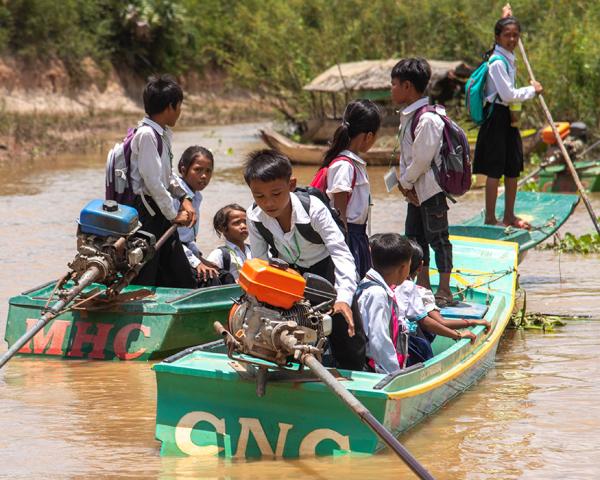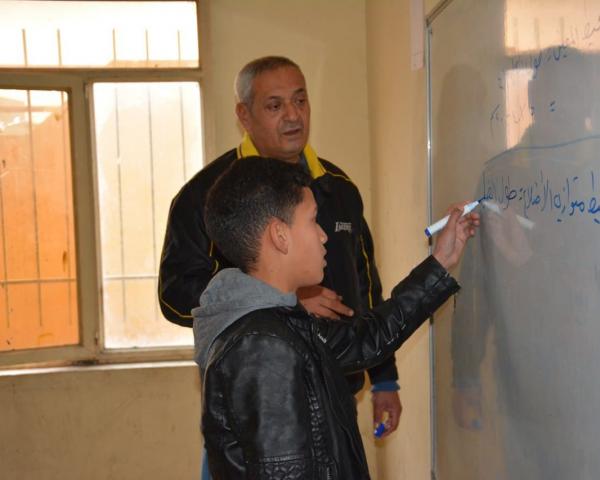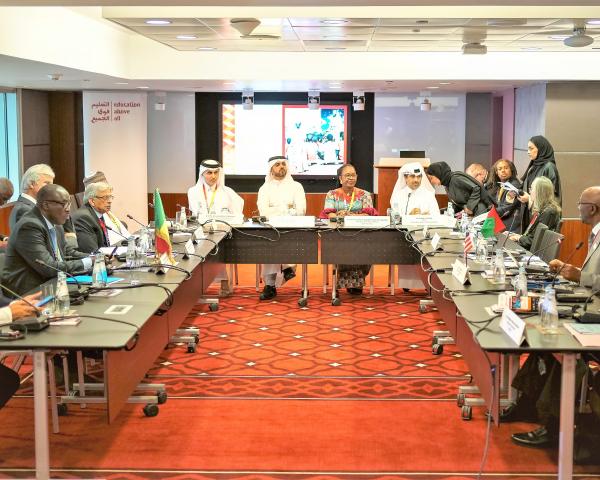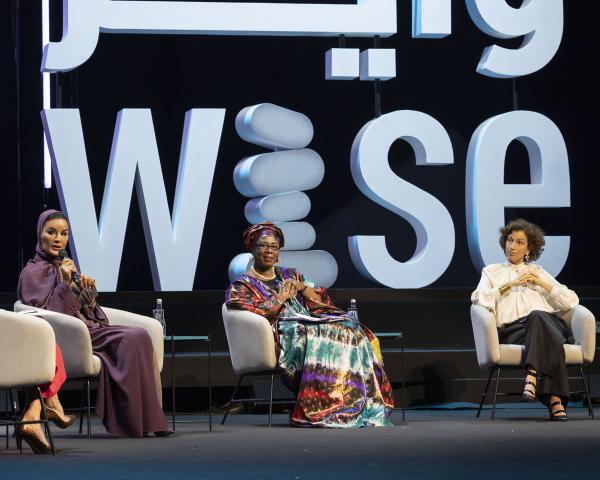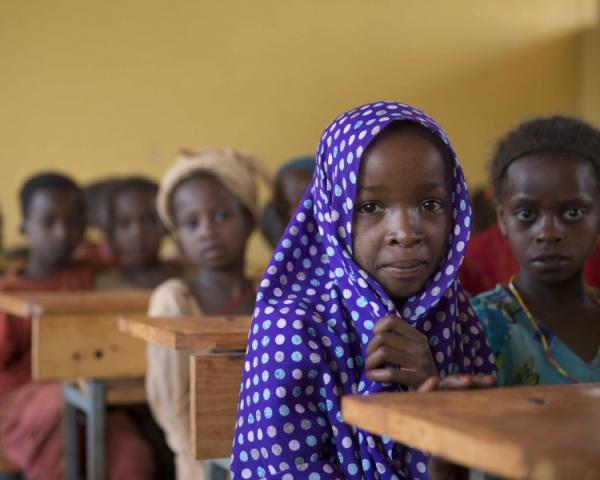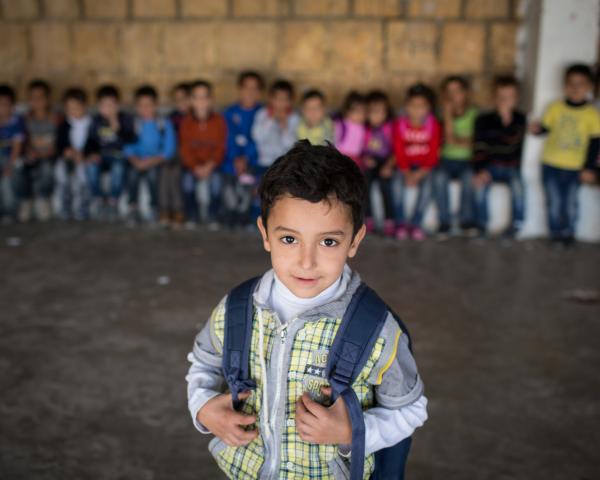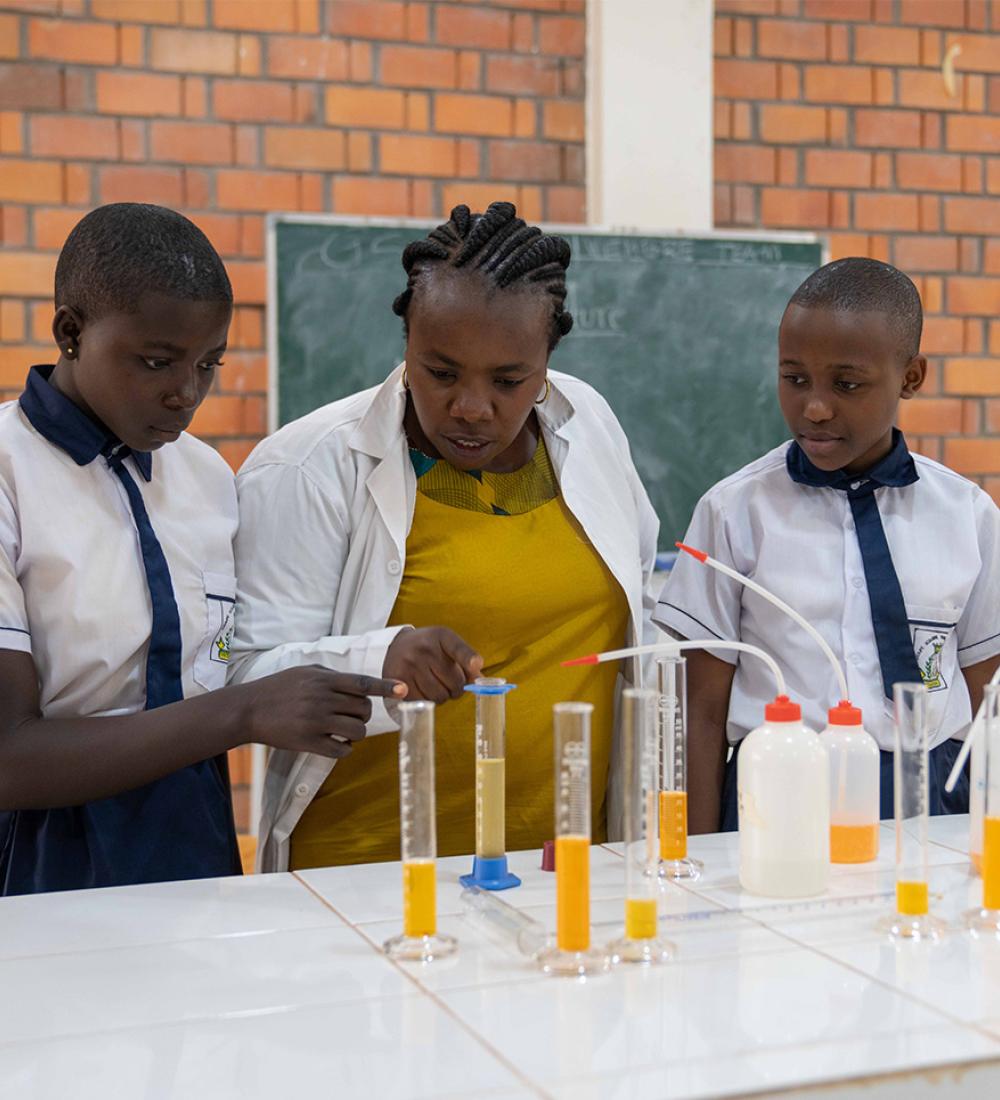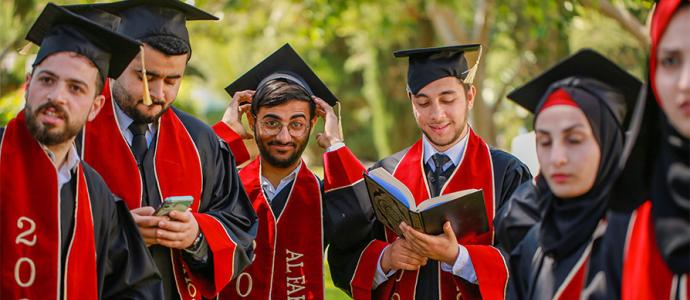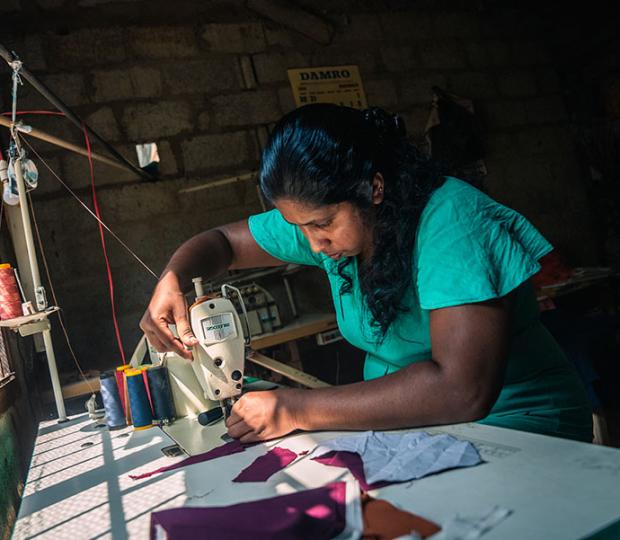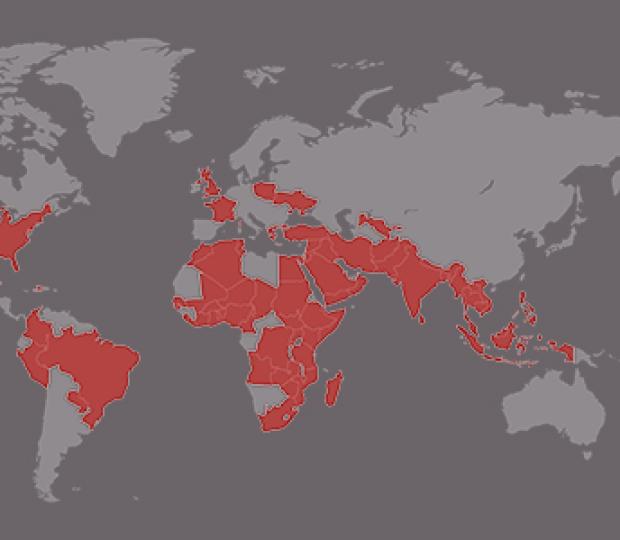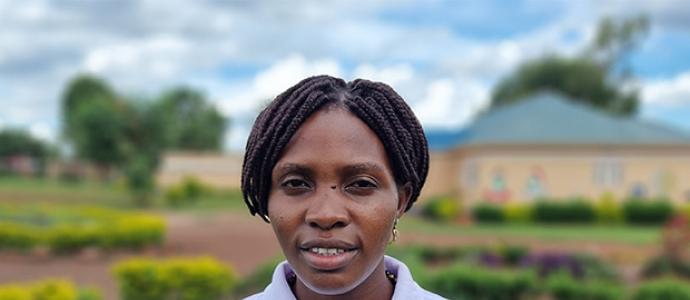More Than Just a Tricycle
But, it was no ordinary tricycle that Musa was promised.
Unlike his schoolmates, Musa, now in class four at Faskari Model Primary School, is physically challenged and cannot walk. On that fateful day, when he was only in class one, Musa was not able to get help in time to be brought to the toilet.
“It was terrible. It caused an uproar and pupils were rushing out of the class,” he recalled. For several days thereafter, Musa avoided school. “I was ashamed of myself.”
Established in 1938, Faskari Model Primary School in Katsina State, Nigeria with an initial enrolment of 17 students is just one of the 210 primary schools benefiting from the Girls Education Project Phase Three (GEP3), a joint initiative between Educate A Child (EAC), a global programme of the Education Above All Foundation, and UNICEF.
The core objectives of the project are to reach and enrol Nigeria’s most vulnerable out of school children (OOSC) into quality primary education, train teachers, mobilise communities, provide cash transfers and improve WASH facilities. So far, the joint GEP3 initiative has reached more than 250,000 OOSC!
Although Musa had been going to school with the help of his family, schoolmates and teachers by carrying him on their backs, it would happen that he would arrive late, if at all, when he was unable to find someone.
But, after that one critical day, Musa stopped going altogether. However, the thought of having a tricycle that would allow him to get around independently sparked a willingness to give schooling another chance.
The fates were on Musa’s side when a School Based Management Committee (SBMC) stepped in to help. SBMCs were introduced by the government, with the support of the EAC-UNICEF partnership, to galvanise community engagement with respect to school management. In this instance, the local SBMC put Musa’s tricycle on a list for funding priorities and urged community members to pool money for the cause.
Finally, one eventful day, the tricycle was purchased and presented to Musa by the SBMC. During the handover ceremony, Musa’s father expressed his joy: “I have never allowed my children to finish primary education in the past. Once they reached class three, I have always withdrawn them…” he said. “I promise from this day forward that I will not withdraw my children – including my daughters – from school anymore, and the children I have already withdrawn will return to school and continue their education.” He also promised to allow Musa to complete his education and move on to the next level.
Still, challenges exist for Musa. As time passes, the tricycle will be less able to accommodate his growing body and its maintenance/upkeep is a concern. The SBMC will need to continue to keep an eye on Musa and address challenges that could affect his education.
However, at the moment, Musa is happy and attends school regularly on his tricycle. His teacher says that Musa now comes to school on time and “is a talented child, whose performance is always improving – he now ranks third academically in his class!” When asked about his future, Musa says that he wants to become a medical doctor, so that he can support poor and marginalised children in his community.
*To protect Musa Mukthar’s identity his image does not appear in this story.






